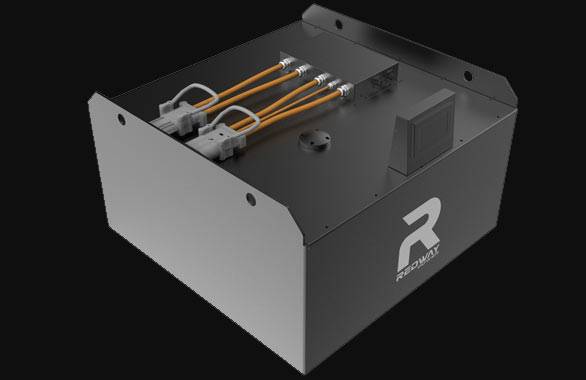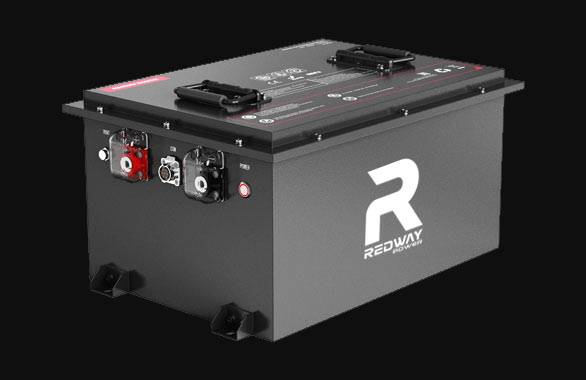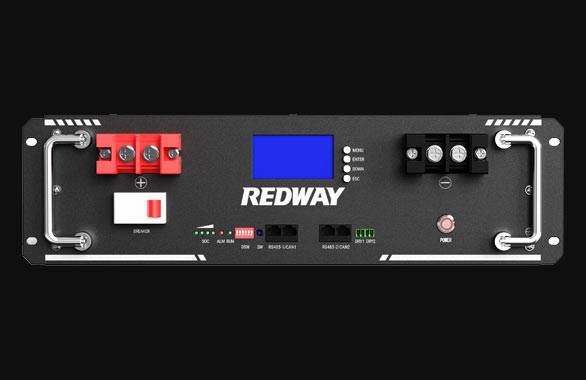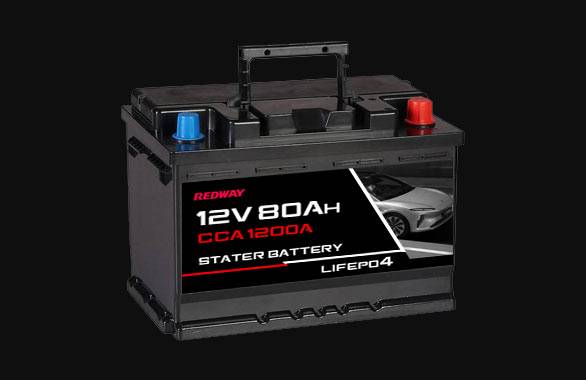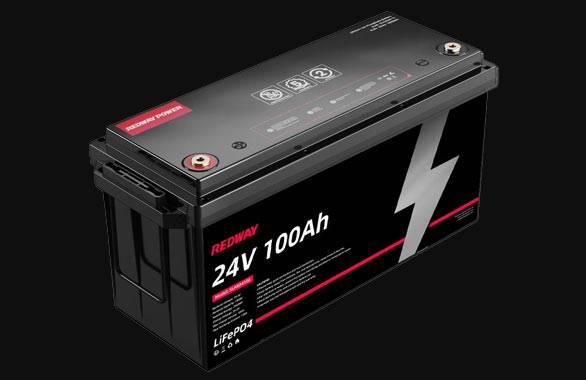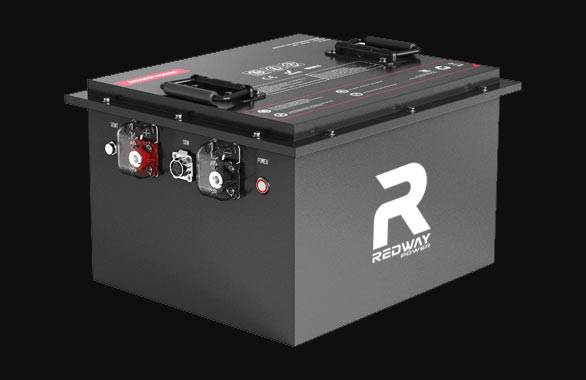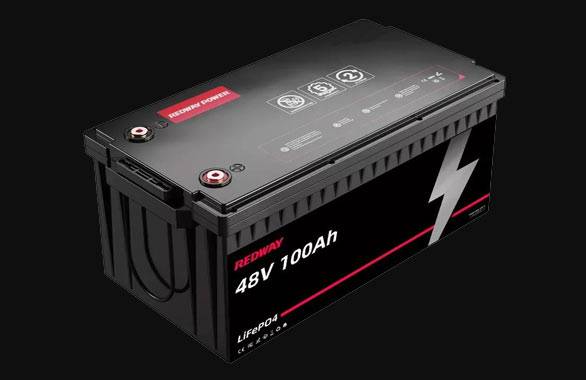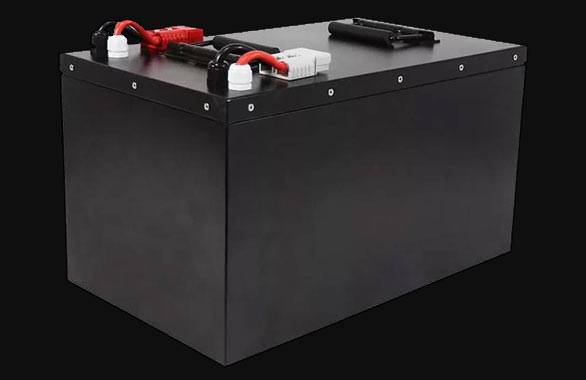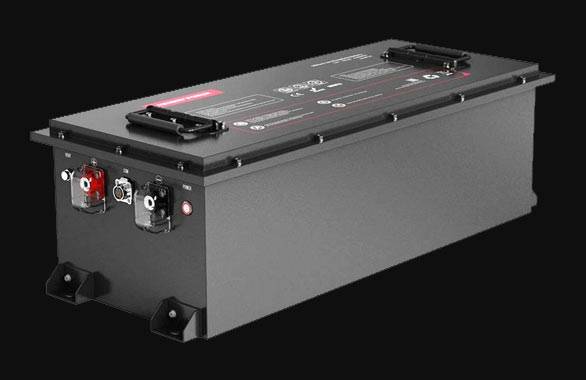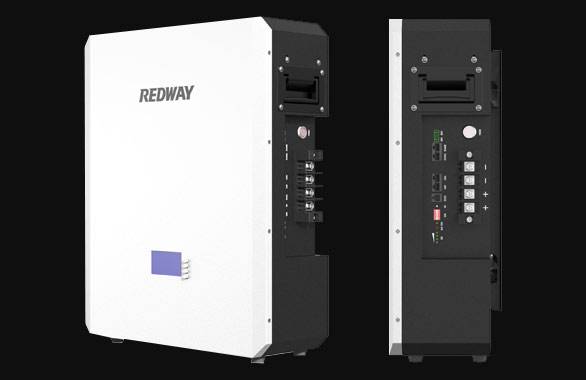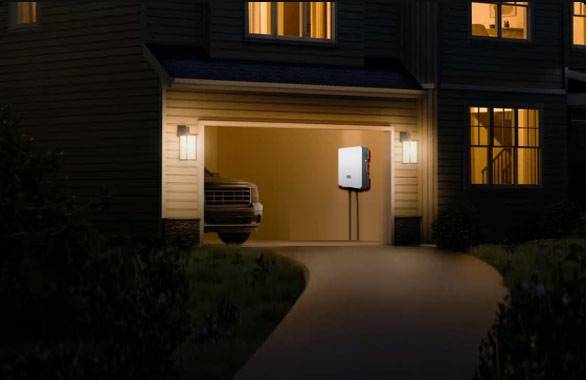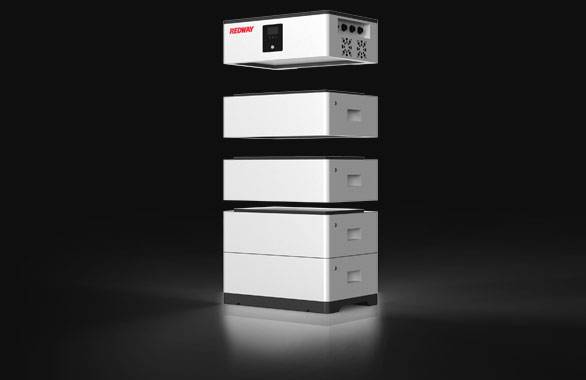- Forklift Lithium Battery
- Golf Cart Lithium Battery
- Rack-mounted Lithium Battery
51.2V 100Ah Rackmount LiFePO4 Battery
8000 times (80% DOD 0.5C)
Optional SNMP for TELECOM - Car Starter Battery
- 12V LiFePO4 Battery
12V 150Ah Lithium RV Battery
Bluetooth App | Self-heating
LiFePO4 | Group 31
UL 1642 | IEC 62619 - 24V LiFePO4 Battery
- 36V LiFePO4 Battery
- 48V LiFePO4 Battery
- 60V LiFePO4 Battery
60V 100Ah Lithium Battery (AGV, AMR, LGV)
Peak Discharge Current 400A
500 x 298 x 349 mm - 72V~96V LiFePO4 Battery
72V 100Ah Lithium Golf Cart Battery
Peak Discharge Current 315A (10S)
740 × 320 × 246 mm - Wall-mounted Lithium Battery
51.2V 100Ah 5kWh
Wall-mounted Battery532 x 425 x 170 mm / LiFePO4
>8000 Cycles (80% DOD 0.5C)
RS485 / CAN-bus
for Solar Home ESS - Home-ESS All-in-One
51.2V 32kWh
All-in-On HESS SystemPowerAll
51.2V / LiFePO4
>8000 Cycles (80% DOD 0.5C)
RS485 / CAN-bus / WiFi
All-in-One for Home ESS
What is the Best Solar for RV?
The best solar panel system for RVs in 2025 blends high-efficiency monocrystalline panels, ample wattage tailored to your energy demands, and reliable battery storage like Redway Power’s lithium solutions. Portable options offer flexibility, while advanced charge controllers enhance energy capture, empowering RVers with sustainable, off-grid independence.
What types of solar panels are most suitable for RV use?
Monocrystalline solar panels are ideal for RVs due to their high efficiency and compact footprint, providing maximum power in limited roof space. Polycrystalline panels offer a budget-friendly option but are less efficient. Flexible panels allow lightweight, low-profile installation, though they may have lower durability and power output compared to rigid panels.
How do I calculate the solar power needs of my RV?
Start by listing all electrical appliances, estimate daily watt-hour usage, and then calculate the panel wattage required accounting for average sunlight hours and system losses. Most RVs require 200-600 watts depending on consumption and off-grid duration, guiding you to select the right solar kit capacity.
Which solar panel brands offer the best efficiency and reliability for RVs?
Leading brands like Renogy, Jackery, EcoFlow, and Bluetti deliver high-efficiency monocrystalline panels (21-25%) with excellent warranties and support. Renogy and EcoFlow also provide complete solar kits integrated with reliable battery storage, including options compatible with Redway Power lithium batteries.
What are the differences between monocrystalline and polycrystalline solar panels?
Monocrystalline panels use single-crystal silicon, resulting in higher efficiency and superior low-light performance, making them perfect for space-limited RV roofs. Polycrystalline panels, made from multiple silicon fragments, cost less but sacrifice some efficiency. This difference impacts overall energy captured and system sizing.
How can I install solar panels on my RV roof safely and effectively?
Installation involves securely mounting panels using brackets or adhesives, wiring to a solar charge controller, and ensuring waterproof seals around mounting points. Using an MPPT controller maximizes power extraction. Professional installation is recommended if you’re unsure to maintain roof integrity and system safety.
What portable solar panel options are available for RV camping?
Portable, foldable panels like those from Jackery, Vtoman, and Bluetti provide lightweight, convenient solar power for boondocking or supplementary energy. Designed for easy setup and transport, these panels complement permanent roof installations or serve as standalone power sources while on the move.
How do I choose the most appropriate solar panel kit for my RV lifestyle?
Consider your power consumption, travel frequency, roof space, and budget. Beginners might start with 100-200 watt kits, while full-time RVers benefit from 400W+ kits combined with quality batteries such as Redway Power’s OEM lithium options. Look for expandability and comprehensive warranties.
What are the advantages and disadvantages of flexible solar panels for RVs?
Flexible panels conform to curved or uneven roofs and reduce weight load. However, they may degrade faster over time and produce less power than rigid panels. They are ideal for those prioritizing portability and aesthetics but require cautious handling to avoid damage.
How does battery storage, like those from Redway Power, enhance RV solar systems?
Battery storage captures solar energy for use during non-sunny periods, ensuring continuous power. Redway Power’s lithium batteries offer high energy density, long cycle life, fast charging, and safety features, making them ideal for RV systems that demand reliability and long-term performance.
Why is a solar charge controller vital for an efficient RV solar setup?
A solar charge controller manages voltage and current flow to prevent battery overcharging, overheating, and power loss. MPPT controllers optimize solar input by tracking maximum power points, significantly boosting system efficiency and battery lifespan.
How do I maintain and optimize my RV solar and battery system?
Maintain panels by regularly cleaning dust or debris, inspect wiring for corrosion, and monitor battery health. Redway Power recommends using compatible chargers and periodic inspections to safeguard battery life and system performance, enabling reliable energy on every trip.
Redway Power Expert Views
“Optimizing RV solar power means the seamless integration of efficient panels and advanced battery storage. Redway Power’s lithium batteries with superior cycle life and safety features unlock the full potential of solar energy in mobile setups,” states a Redway Power specialist. “Our OEM expertise ensures solutions unmatched in reliability and innovation, empowering customers with true energy freedom.”
Conclusion
The best RV solar systems combine efficient monocrystalline panels with premium battery storage from leaders like Redway Power, balancing power, portability, and durability. Proper installation, maintenance, and system management amplify performance, securing energy independence for the modern RVer’s adventures.
Frequently Asked Questions
What wattage solar panel do most RVs need?
200-600 watts typically suffice, depending on consumption and travel habits.
Are flexible solar panels good for RVs?
They offer form-fitting convenience but have lower durability and efficiency than rigid panels.
Is battery storage necessary in an RV solar setup?
Yes, to store energy for use when sunlight is unavailable.
How important is a solar charge controller?
Essential for regulating charge input to protect batteries and improve efficiency.
Why choose Redway Power batteries for RV solar systems?
They provide high-quality, durable lithium batteries built for reliable off-grid energy.


